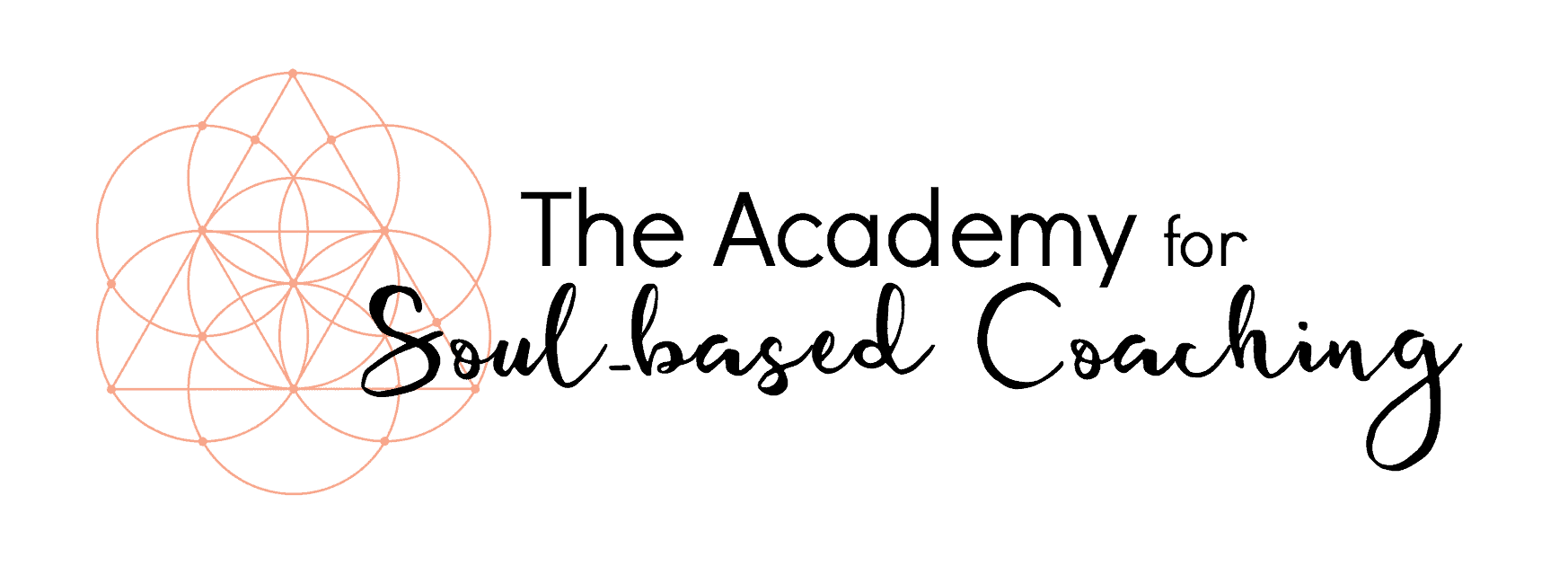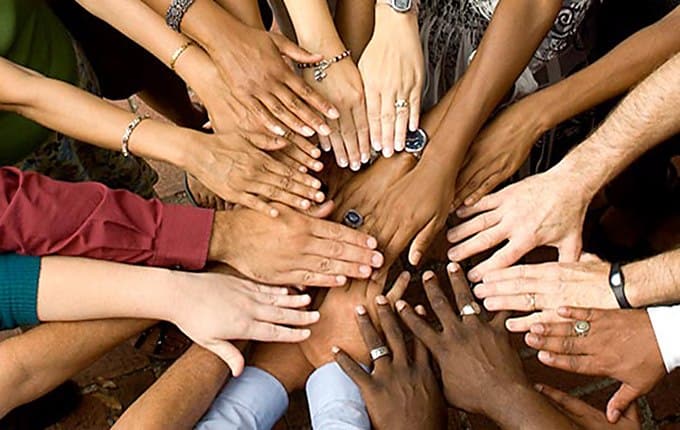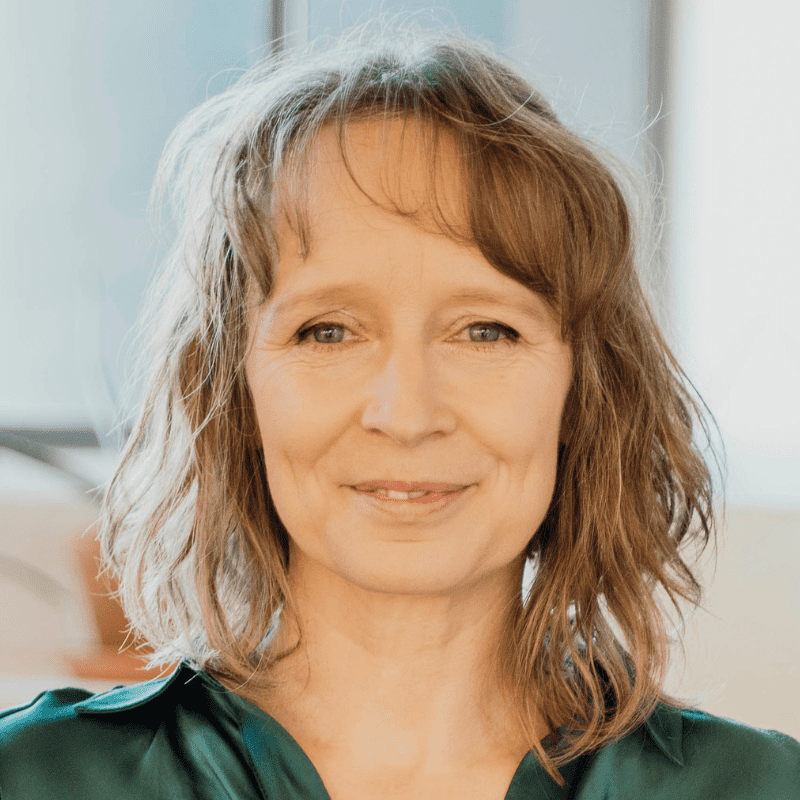Inclusion is the act to include. And it holds important medicine in a world filled with separation.
In the field of coaching, it means two important things:
1. In your coaching and training programs:
Be inclusive of people from all backgrounds and experiences, including different races, genders, sexuality, health status and nationalities.
Both as a participant and a trainer, make sure that everyone feels welcome. Make sure that respect is a core value and put your actions where your mouth is: show that respect in everything you do. Acknowledge that everyone has their own unique experience of life, and that we are all part of a wider system where inequality happens everywhere. Based on race, social status, body size, sexual identity, gender, and much more. Never assume you know what it’s like to live someone else’s life.
When it comes to anti-racism in particular, for all of us who are white, it is important to start to recognise the waters of white supremacy that we swim in (aka ‘white is the norm’, ‘white is best/ most valued’, and black, brown, indigenous people and people of colour are not). You can’t know what you don’t know yet. So make it part of your job to learn. Learn to listen to people of colour. Learn about white privilege, about white fragility, and learn to not center your own emotions and experiences. I am right beside you, learning.
Make sure that curiosity is a core value. A genuine interest in finding out what is going on for someone. Without having your interpretations and judgement ready. And because it’s human nature to interpret and judge within a split second, this takes practice and tools. Including Clean Language in your curriculum or toolkit is a very, very powerful tool for this. We are grateful to have it as a key part of our Soul-based Coaching methodology.
Learn to recognise when you or others step into drama. This is not the same as expressing strong emotion!! Strong emotions are part of our human experience and very valuable. Drama is about people who, while being led by emotion, are no longer taking responsibility for their own part in whatever is happening (however big or small this is) and when they start to project onto others – whether it’s blaming them or seeing a need for the other to be rescued. Drama is not helpful, because people are no longer centered and can’t access a lot of their resources that are needed to explore the situation and solve it. It takes practice to diffuse drama without denying the issues at hand.
All of these things also teach you a lot about how to be a good coach.
2. In the coaching process:
Be inclusive to all parts of a person. Don’t use ‘tough love’ to call a part of your client out. Don’t ignore, push away or ridicule part of your clients experience. All of these voices play an important part. When you invite them all without judgement, and include them, you get to see how the client’s Body, Mind & Soul can integrate them in a way that reflects the way they want to be now. This is where all the parts can align, and magic can happen: things that were not possible before, become self evident.
Come join us for the free workshop Become the Coach Without Answers to see how this can be done: https://academyforsoulbasedcoaching.com/become-a-coach-wit…/
This is the magic of inclusion.
We learn to heal parts of ourselves, invite healing for others, and make things possible that were not possible before.
🔥🔥 There is one exception to this. 🔥🔥
Do not aim for inclusion at all cost when someone or something is harmful to others.
For example, when it comes to dismantling racism: yes, there will be difficult and uncomfortable conversations to be had. And this is okay when people are open and willing to learn. But when someone in your group, or in your coaching program is simply not willing to learn about how they are part of the system, and continue to be hurtful to others, then it’s time for them to go. Same with other issues that need addressing.
It’s your responsibility to draw your boundaries. And you can do so in a respectful, but very clear way. Call on the people who moderate your training space, when you are a participant, or take that responsibility as a trainer.
And the same is true for parts of a client, especially in Soul-based Coaching.
Because here we are trained to let our client’s Soul knowing take the lead in our sessions. This is super powerful for people who are healthy and functioning normally in their day to day life (whatever normal means ![]() ). But when a client who is, for example, anorexic (which is not considered healthy) asks us to help them get thinner, we will not honour that request. We will guard them from themselves and help them get the support they need. (This is clearly not a coaching topic and requires specialist help.)
). But when a client who is, for example, anorexic (which is not considered healthy) asks us to help them get thinner, we will not honour that request. We will guard them from themselves and help them get the support they need. (This is clearly not a coaching topic and requires specialist help.)
=>> So what does inclusion mean?
Inclusion does not mean: we are all one.
It does not mean: just focus on love and light.
It doesn’t mean: look away when there’s trouble ahead.
It does not mean being the ‘soft healer who causes stinking wounds’ (very nice Dutch expression, right?).
It means having the courage to stay in the midst of where the tension is and stay open.
It means not being too afraid to get it wrong to have a conversation.
It means cultivating enormous amounts of compassion.
For yourself, for your clients, for your coaching colleagues and trainers.
For our world.
We live in a world of separation, both inside and outside of ourselves. And inclusion is important medicine.

Come join us for the free workshop
Become the Coach Without Answers to see how this can be done



0 Comments